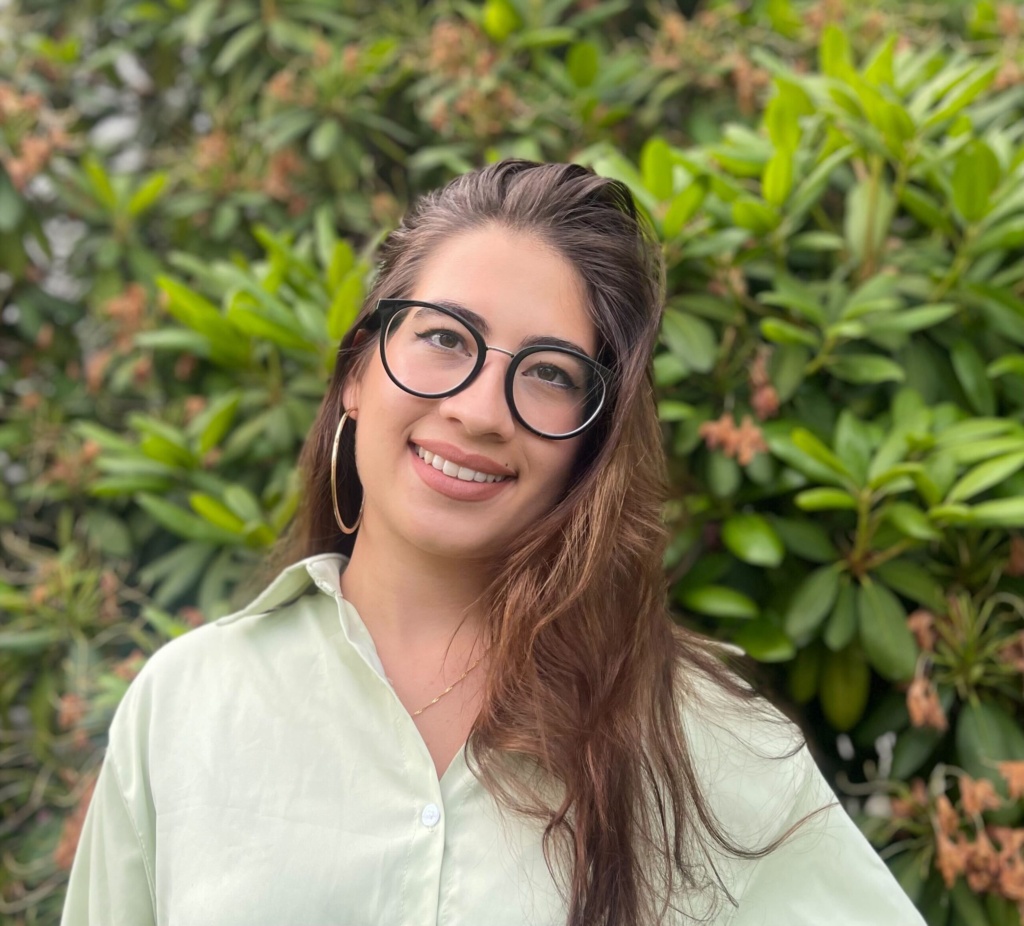By: Alesia Bani
KEY INSIGHTS:
- The Connect is focused on attracting and retaining Black and brown talent in Philadelphia by creating a professional and social network of resources.
- Emerging data shows the prevalence of remote work among Black and Latino professionals, which the initiative believes is a way to find higher-paying opportunities while participating in the local economy.
- Black-owned community spaces in Philadelphia include the P4 Hub, REC Philly, Pipeline Philly, IF Lab and Kreate Hub.
When Philadelphia native Senzwa Ntshepe, a two-time tech platform founder, returned to his hometown after living in Washington, D.C. for a few years, he planned for his return to be only temporary. Now, he is working to keep other Black professionals like himself in Philadelphia through a professional community for people of color, The Connect.
“My personal mission is to be a conduit of collective progress for marginalized people,” Ntshepe, told The Plug. “I saw that Philadelphia needed a little bit more intentionality of building a city in which folks felt like they belong, in which folks felt like they had access to whatever they needed to make sure they didn’t feel stagnant,” Ntshepe said.
The Connect was developed in 2018 as a meetup for Black and brown entrepreneurs in Philadelphia. In 2021, Ntshepe took over leadership and rebranded The Connect to what it is today — an initiative to retain Black and brown millennial talent in the city. The platform is now a network of 7,000 professionals.
Black residents make up 58 percent of Philadelphia’s working-age population, but only 37 percent of the city’s employed population. Representation is even lower for Philadelphia’s tech industry. Ntshepe believes many people leave Philadelphia for other large cities including Atlanta, New York, Washington and Los Angeles, because they feel there are more opportunities for professional growth and a more appealing social scene.
According to Ntshepe, one of the biggest deterrents is limited job variety because of the lack of employer density — large companies like Merck, Vanguard and Johnson & Johnson are located outside of the city. The highest concentration of Greater Philadelphia’s tech workforce resides in the surrounding suburb of Chester County.
The Connect advocates for creating policies to reduce wage taxes to bring employers into the city while creating pipelines for local Black and brown talent. The wage and earnings tax in Philadelphia is 3.79 percent compared to 2.75 percent in Chester County.
A hub for remote work
Slow career advancement has been another significant deterrent, but this remote-work world could bring new opportunities for professional growth.
“If we could find a way to have Philadelphia be a hub of remote work where you can work in San Francisco, for example, but then live in Philadelphia, and even paying Philly taxes, you’re still taking home a lot more,” he said. “That could be a huge attraction.”
Philadelphia’s cost of living is significantly lower compared to that of San Francisco (43 percent lower), Washington (32 percent lower) and Boston (30 percent lower) making it an attractive startup headquartering location for Black founders.
The prevalence of remote working has skyrocketed in the last two years, with remote jobs being particularly attractive to underrepresented communities, Gorki De Los Santos, senior manager of communications at LinkedIn, told The Plug.
In tracking the impact of remote jobs between 2019 and 2022, LinkedIn found an 18 percent increase in the share of Latino applicants and a 19.7 percent increase in the share of Black applicants. Looking at a gender breakdown, women are applying to remote jobs at an even higher rate — a 48 percent increase for Latinas and a 33 percent increase for Black women.
This trend is reflected in hiring practices as well. There has been a five percent increase in confirmed remote hires for Latino applicants and a 26 percent increase for Black applicants.
Improving access to sustainable work locally in Philadelphia is the goal, but that process will take longer, Ntshepe said. Remote roles give professionals access to higher-paying roles while stimulating the local economy.
Spaces for Black professionals
The Connect is taking a three-pronged approach to turn Philadelphia into a “mecca for Black and brown talent” — community building, access to capital and career opportunities, and developing conviction through mentorship. To democratize access to resources the initiative is creating strategic partnerships with the private and nonprofit sectors to amplify funding and job opportunities. On the corporate side, The Connect serves as a strategy firm providing DEI consulting and talent sourcing.
“There is a burgeoning population of Black and brown millennials who are really thirsty for this information and don’t get it because they go to work and go home,” Ntshepe said.
Ntshepe wants Philadelphia to build an environment like that of The Gathering Spot, a membership club for Black and brown professionals located in cities including Atlanta, Washington and Los Angeles.
“I’m trying to bring that type of feeling here, where folks can just go and be themselves and not feel like they have to monitor their existence based on what’s perceived as intelligent or right. You can be as brilliant and as culturally authentic as you need to be,” he said. “In my growing up here in Philly, those things weren’t always acceptable. Me being Black and me being perceived as intelligent were not in the same pot.”
Popular gathering spaces in Philadelphia include the P4 Hub, a coworking and event space for Black and brown professionals. And from the creative economy side, REC Philly operates as a part creative incubator and part creative agency.
Other Black-owned co-working spaces in Philadelphia are Pipeline Philly, IF Lab and Kreate Hub. CIC Philadelphia, a popular coworking space in Philadelphia where Ntshepe used to work, is not Black-owned.
“CIC in West Philly had a lot of Black and brown small businesses and startup companies, but it’s almost by accident. There’s not an intentionality of developing that ecosystem, we all connected with each other,” Ntshepe said.
Although The Connect network is industry agnostic, the initiative has a focus on Philadelphia’s growing Black and brown tech ecosystem. Local organizations such as Campus Philly and The Chamber of Commerce for Greater Philadelphia are working to keep Black and brown college students in the city post-grad through tech career events, but The Connect is honing in on the 22-to-40-year age group.
The initiatives’ top goal for 2023 is to get on the city’s agenda.
“We want the City of Philadelphia to make Black and brown retention a priority and help support us in our initiatives introducing young Black and brown Philly to the best that Philadelphia has to offer socially, professionally and philanthropically,” he said.

Alesia Bani
Alesia Bani is a writer and journalist from Philadelphia and The Plug’s Innovation Reporter covering the Black tech ecosystem in Philadelphia. She previously worked for the Institutional Diversity office at her alma mater Temple University and has a background in reporting on identity, DEI and local government.
Contact: alesia@tpinsights.com




